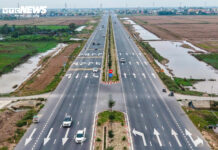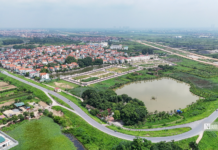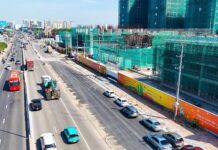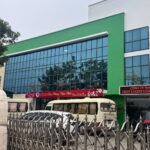Vietnam’s Journey Towards Establishing a Robust Financial Center
In a recent development, Vice Chairman of Ho Chi Minh City’s People’s Committee, Nguyen Van Dung, has emphasized the need for close coordination among relevant units in the city’s endeavor to establish a financial center. The units have been instructed to expedite the preparation of reports and proposals, maintaining the timeline for the financial center’s initiation in early September.
The Department of Finance, taking the lead, will collaborate with the City’s Institute for Development Research to engage competent consultants with extensive experience in establishing and operating financial centers.
Meanwhile, the Department of Culture and Sports will be responsible for crafting effective communication strategies when the city implements the National Assembly’s resolution. The Department of Construction will review and propose adjustments to the planning of relevant projects in the Thu Thiem area, ensuring alignment with the city’s vision for the financial center.
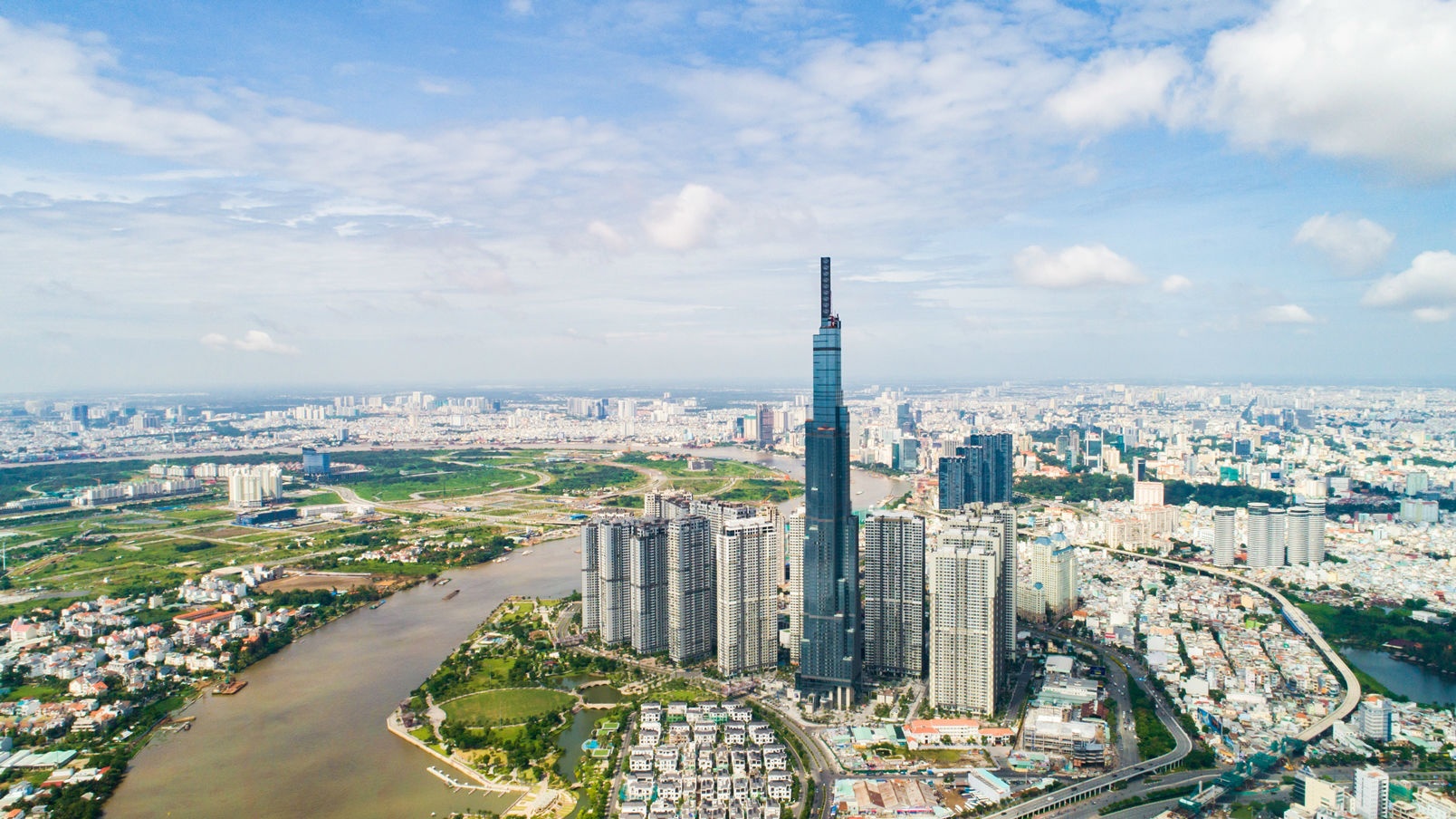
The bustling district 1 of Ho Chi Minh City, with its numerous office buildings, is considered a prime location for the establishment of an international financial center.
On June 27, the National Assembly passed a resolution with an overwhelming majority of 93.5% votes, approving the development of international financial centers in Vietnam, with Ho Chi Minh City and Da Nang as the focal points. The resolution, which comes into effect on September 1, outlines a unified management framework while allowing for the development of region-specific financial products and services.
According to a report by the Ho Chi Minh City People’s Committee to the City Party Executive Committee, the proposed administrative center project is a response to the city’s merger, resulting in 168 wards and communes and approximately 7,000 civil servants. The report also highlights the current dispersion of administrative offices, creating coordination challenges and inconveniences for citizens and businesses. Thus, the need for a modern, multi-functional administrative center becomes imperative.
Ho Chi Minh City’s financial center will offer a comprehensive range of financial products and services, including banking, asset management, and fund management. It will also serve as a sandbox for fintech, innovation, specialized exchanges, and derivatives trading. Meanwhile, Da Nang will focus on green finance, financial technology, digital services, and controlled experiments with digital assets and currencies, attracting investment funds.
The government aims to operationalize the Ho Chi Minh City financial center by 2025, with a completion target within five years. The center is planned for Saigon and Ben Thanh wards (formerly district 1) and the Thu Thiem urban area, spanning 783 hectares. Of this, 719 hectares are on land, while 64 hectares are on the Saigon River. The initial phase will prioritize the development of a 9.2-hectare core area in Thu Thiem, accommodating specialized financial regulatory and supervisory agencies.
The estimated investment for the Ho Chi Minh City International Financial Center is approximately VND 172,000 billion (equivalent to USD 7 billion). An immediate requirement of VND 16,000 billion (USD 658 million) is needed to complete the infrastructure of the core area, including 11 lots in Thu Thiem in the first phase (over 2-3 years). The construction cost of the administrative center building is estimated at VND 2,000 billion.
“Experts: Progressive Policies Are Only as Good as Their Implementation”
“Vietnam has long been renowned for its progressive reforms, and this is a testament to its dynamic nature. However, the gap between policy formulation and on-the-ground implementation remains a pressing issue, as highlighted by Oliver Massmann, Managing Partner of Duane Morris Vietnam. With nearly three decades of experience in the country, Massmann emphasizes that the challenge lies not in a lack of new policies, but in the lag between enactment and execution. This delay hinders the realization of Vietnam’s full potential, and it is this very gap that needs to be addressed to ensure the country’s continued progress and success.”
“Vietnam-Cuba Collaboration: Advancing Pharmaceutical Innovation”
With the backing of the governments of both nations, Genfarma Joint Stock Company has acquired the technology to produce Cuban pharmaceuticals in Vietnam. This transfer of technology from Cuba marks a significant step towards boosting the research and development of pharmaceuticals in Vietnam.
Former Employee Alleges Ex-Chairman of Asanzo Provided Monthly Allowance of 30 Million VND to Evade Police Summons
“Liêm, a key witness in the Asanzo case, alleged that he received a monthly sum of 30 million VND from the former Asanzo Chairman, Pham Van Tam, to avoid police interrogation regarding the illegal shipment. However, the accused has refuted these claims, creating a complex web of allegations and denials that demand further investigation.”






